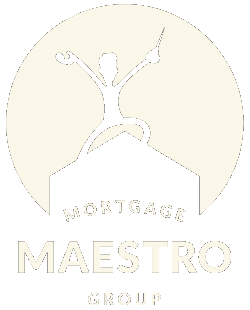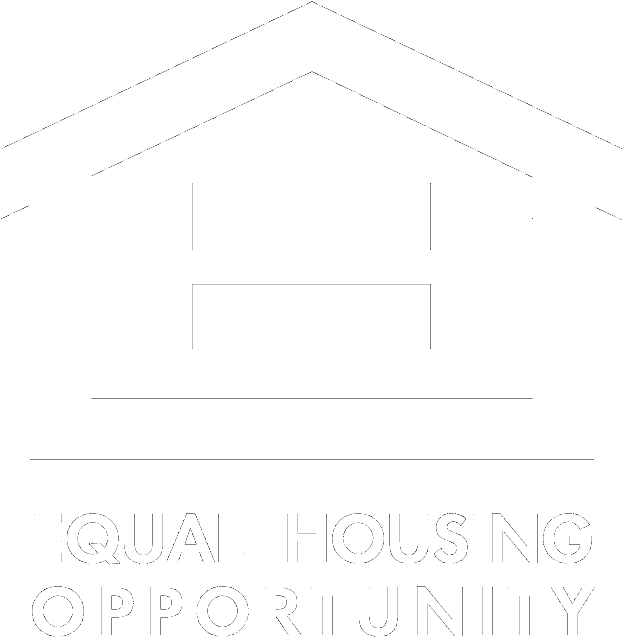A conventional loan is ideal for those who make larger down payments and have a stronger credit profile. Unlike government backed loans (FHA,VA,USDA), conventional loans are not insured by government agencies. So they conform to underwriting guidelines set forth by Fannie Mae and Freddie Mac. Therefore, you will find that the higher the credit score, the lower the interest rate. Times have changed, so this isn’t your 1980’s conventional loan. You don’t need 20% down. In fact, this is a big misconception about conventional loans.
Many recent changes have expanded the available pool of mortgages to buyers through conventional loans.Bear in mind, if you are buying an investment property you will need a conventional loan. Sometimes condos (unless FHA/VA approved) require that you buy using a conventional loan as well.
Cool Tidbits About Conventional Loans
Advantages of getting a conventional mortgage loan in Denver:
Eligibility for a conventional home loan in Denver
Many factors come into play with the decision to take out a conventional mortgage in Denver. Every borrower’s situation is different, and underwriters take several components into consideration when deciding to approve the loan. There are some baseline eligibility requirements:
The process of buying with a conventional home loan in Denver
Acquiring a new home is a complex and time-consuming process. Mortgage Maestro Group is here to assist you at every stage of getting a conventional loan in Denver, from initial evaluation, pre-approval, final loan application, and closing.Our relationship truly begins at the closing table with a pledge to be there for you after closing and in the future as your household financial needs evolve.
1. Determine what you can afford.
The first step is evaluating your financial status and goals to decide what price range you can afford—how much of a monthly payment you can make, and the most you can borrow considering your income and credit history. The Mortgage Maestro Group website features calculators that can help you get an idea of how much you can afford to pay per month. Our loan officers will provide you with several options based on your individual situation based on the current lending guidelines.
2. Apply for pre-approval.
Buyers save a great deal of time and money by having their conventional home loan pre-approved, and Mortgage Maestro Group can help make that happen. You supply us information about your income, employment, residence history, and assets, and authorize us to get your credit report and current score. We evaluate the information you give us and issue a written certification of your pre-approved loan—which your real estate agent can then use to secure the offer you make on your home. During this process, we’ll also research what kind of loan structure will work best for you.
3. Make an offer and apply for the loan.
When the home seller accepts your offer, it’s time to officially apply for the loan, which you can do right on the Mortgage Maestro Group site. After you’ve applied, we’ll arrange to get a full appraisal of your new home’s value. Submit your loan to the underwriting team, and work with you to obtain the final approval, so that you can move on to the closing stage!
4. Close and move in.
With your mortgage loan cleared for closing, your lender works with the assigned title company to administer the closing and exchange of final funds between the parties. Mortgage Maestro Group works on your behalf, and with the title company to facilitate this process, ensuring all the documentation is set for the date of closing—taking much of this load off your shoulders so you can focus on moving in.
Mortgage Maestro Group helps you through all the steps and documentation of applying for and securing a conventional home loan in Denver. Contact us to find out more.
Conventional loans or an FHA loan?
For many this is an ambiguous question when they start the process of getting pre-approved to buy a home. What factors make conventional loans better for one than an FHA loan would be? When does FHA apply better to someone compared to a conventional loan? How are the two loans different? How is mortgage insurance different between the two loan types? Which of the loan types allows higher debt ratios? Which is more forgiving on credit? For some basic information on a comparison, check out this blog
Why choose Mortgage Maestro Group for your conventional loan?
The Mortgage Maestro Group is a locally operated mortgage bank with years of experience. We have helped thousands of homeowners navigate the seas of conventional loan options. Our guiding light is that.we work with honesty and integrity every step of the way. Don’t just take our word for it, check Google here. When it comes to conventional loans aligning with the right structure and strategy can help you avoid costly borrower mistakes. Make sure you are working with a lender that explains and educates you on the options available to you.

Licensed in Colorado as Maestro LLC (DBA Mortgage Maestro Group) is an Equal Housing Lender.
Consumers wishing to file a complaint against a company or a residential Mortgage loan originator should complete and send a complaint form to the Texas department of savings and mortgage lending, 2601 North Lamar, suite 201, Austin, Texas 78705. Complaint forms and instructions may be obtained from the Department’s website at www.sml.texas.gov. A toll-free consumer hotline is available at 1-877-276-5550. The department maintains a recovery fund to make payments of certain actual out of pocket damages sustained by borrowers caused by acts of licensed residential mortgage loan originators. A written application for reimbursement from the recovery fund must be filed with and investigated by the department prior to the payment of a claim. For more information about the recovery fund, please consult the department’s website at www.sml.texas.gov.
Home Mortgage Disclosure Act Notice. The HMDA data about our residential mortgage lending are available online for review. The data show geographic distribution of loans and applications; ethnicity, race, sex, age and income of applicants and borrowers; and information about loan approvals and denials. HMDA data for many other financial institutions are also available online. For more information, visit the Consumer Financial Protection Bureau’s website.
